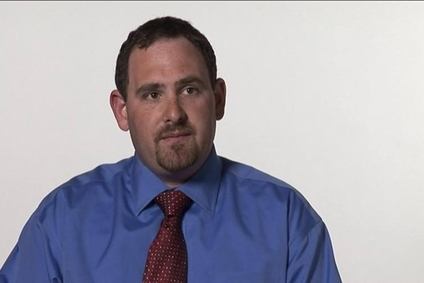
TRW says it needs its own suppliers to support a global footprint as OEMs increasingly move to worldwide platform production.
Speaking to just-auto as negotiations surrounding the US$13.5bn acquisition of TRW by ZF Friedrichshafen were entering their final stages, the US supplier emphasised the global nature of its situation, potentially a key attraction for its German suitor.

Discover B2B Marketing That Performs
Combine business intelligence and editorial excellence to reach engaged professionals across 36 leading media platforms.
“How will purchasing look in three to five years in the automotive sector?” TRW VP global purchasing, Jerome Dorlack, told just-auto at the supplier’s Livonia headquarters in Michigan.
“If you go forward, 80% of vehicle production will be based on global platforms. Volkswagen, General Motors [for example], expect to have have global suppliers with common quality standards.
“We want the same thing – we need to have global suppliers to be able to support that global footprint with us. It is more than just steering [for example], it is bundling and giving suppliers that means, that vision.”
Recent years have seen disasters such as the earthquake in Japan and floods in Thailand create a domino effect of supply challenges, with TRW addressing the issues thrown up by such global events.
“We have really integrated processing, totally globally. I do not want any fads or one off. If you did a knee-jerk reaction and say for example, everything should be dual sourced, that creates inefficiency.
“We were in Thailand with one of our sensor suppliers so we dove into their value chain. What it forces you to do is to step back and say what [are] the most critical parts and what is the lead time to retool and revalidate. That is where we focus with dual sourcing.”
Dorlack noted TRW was evaluating the next emerging markets where low cost could play a role, citing South East Asian countries such as Vietnam and Cambodia, although new ventures required more established partners.
“You can not be paralysed by fear,” he said. “You don’t want to introduce new suppliers on new projects. We would rather run with incumbents on programmes.”
Given TRW has 3,500 direct material suppliers and with a multi-billion dollar purchasing budget, Dorlack keeps a keen eye on global economic trends.
“That is the exciting part of the job,” he said. “You really do have to understand the macro-economic part. Where do you think long-term currencies are going [for example].”






